WellStone Acute Care

Overview
WellStone Acute Care is a mental health treatment center for people seeking treatment near Madison County. As part of their treatment modalities for recovery, WellStone Acute Care provides couples/family therapy, group counseling, and cognitive behavioral therapy during treatment. WellStone Acute Care is located in Huntsville, Alabama, accepting cash or self-payment for treatment.
WellStone Acute Care at a Glance
Payment Options
- Cash or self-payment
- Medicaid
- Medicare
- State-financed health insurance plan other than Medicaid
- Private health insurance
Assessments
- Screening for tobacco use
- Comprehensive mental health assessment
- Comprehensive substance use assessment
Age Groups
- Young adults
- Adults
Ancillary Services
- Case management service
- Court-ordered outpatient treatment
- Education services
- Family psychoeducation
- Integrated primary care services
Highlights About WellStone Acute Care
6.62/10
With an overall rating of 6.62/10, this facility has following balanced range of services. Alcohol Rehabilitation: 8.00/10, Drug Rehab and Detox: 6.00/10, Insurance and Payments: 6.00/10, Treatment Options: 6.49/10.-
Alcohol Rehabilitation 8.00
-
Treatment Options 6.49
-
Drug Rehab and Detox 6.00
-
Insurance and Payments 6.00
Treatment At WellStone Acute Care
Treatment Conditions
- Alcoholism
- Mental health treatment
- Substance use treatment
Care Levels
- Hospital inpatient/24-hour hospital inpatient
- Hospital inpatient treatment
- Partial Hospitalization Program
- Outpatient
Treatment Modalities
- Couples/family therapy
- Group counseling
- Cognitive behavioral therapy
- Dialectical behavior therapy
- Activity therapy
Ancillary Services
Languages
- Sign language services for the deaf and hard of hearing
Additional Services
- Pharmacotherapies administered during treatment
- Housing services
- Metabolic syndrome monitoring
Special Programs
- Persons 18 and older with serious mental illness (SMI)
Get Help Now
Common Questions About WellStone Acute Care
Contact Information
Other Facilities in Huntsville

6.99

6.86

6.78
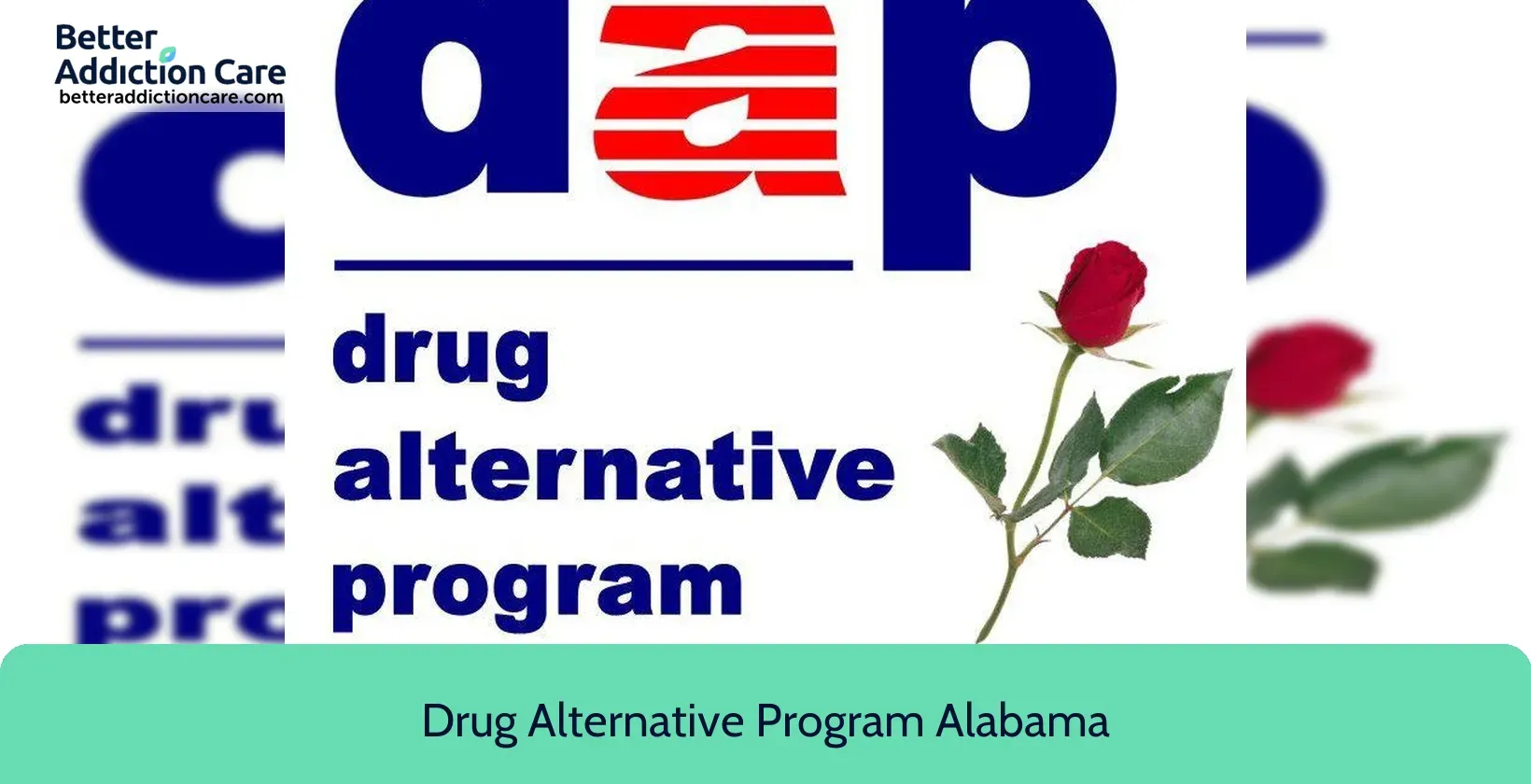
6.77
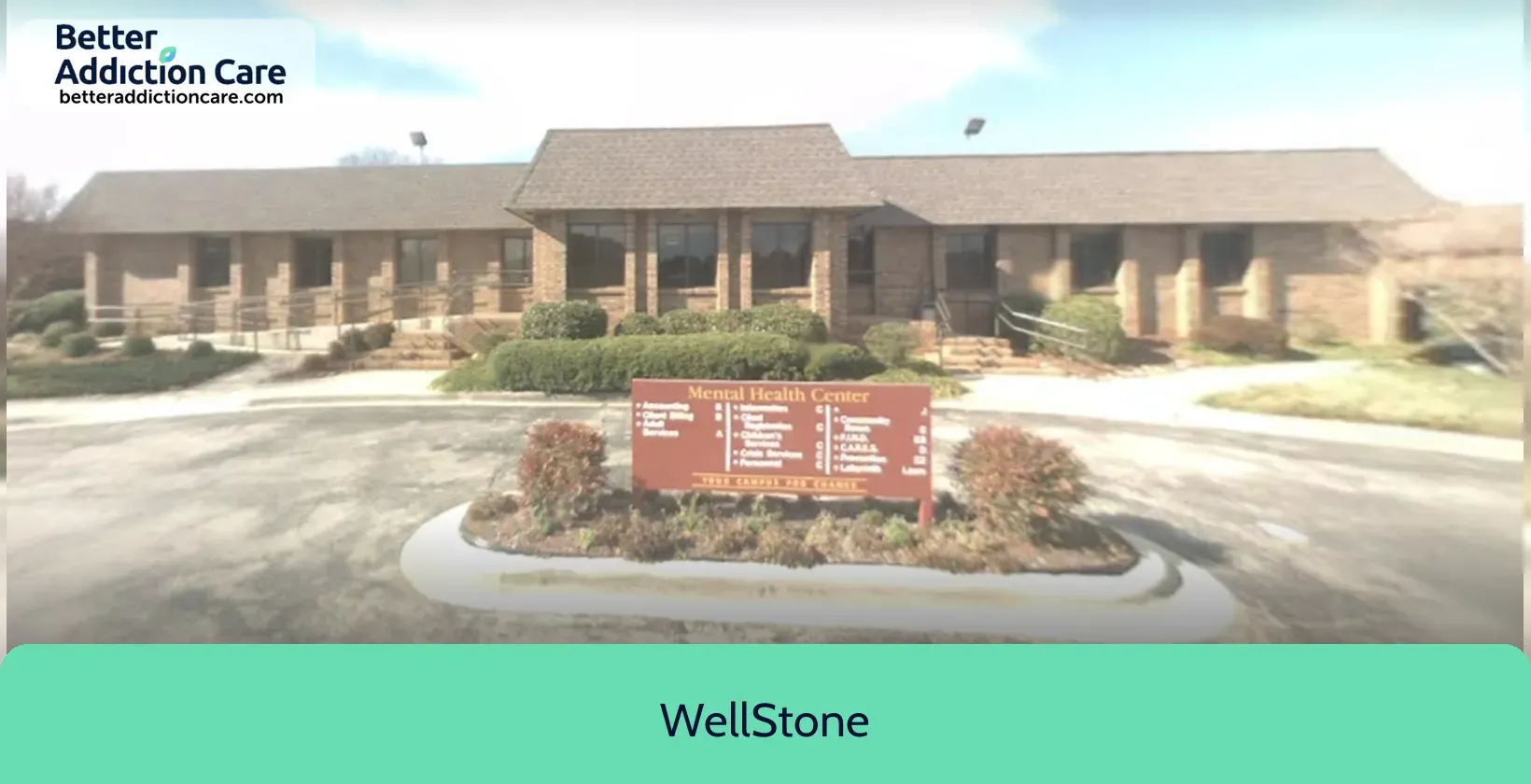
7.51
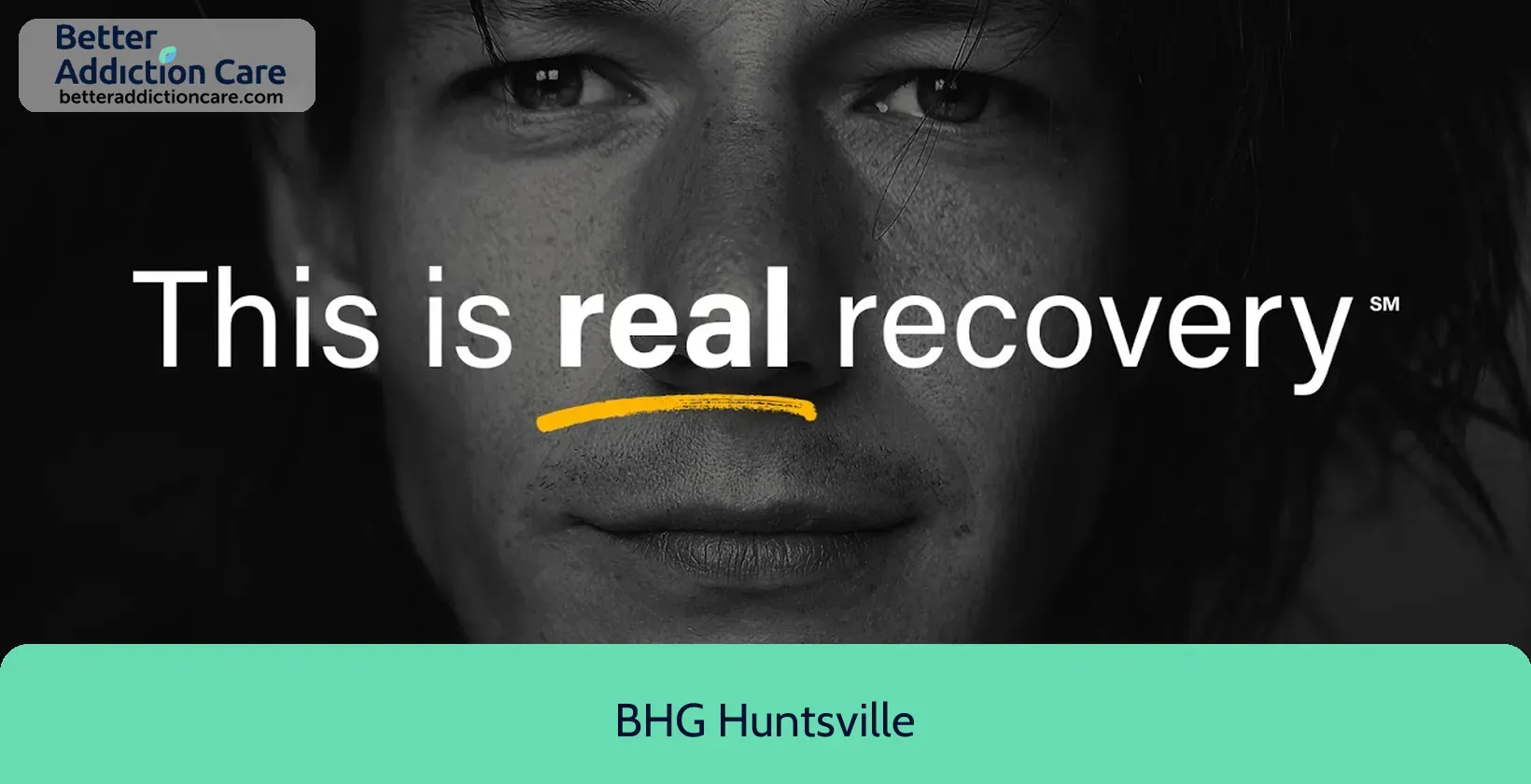
7.30
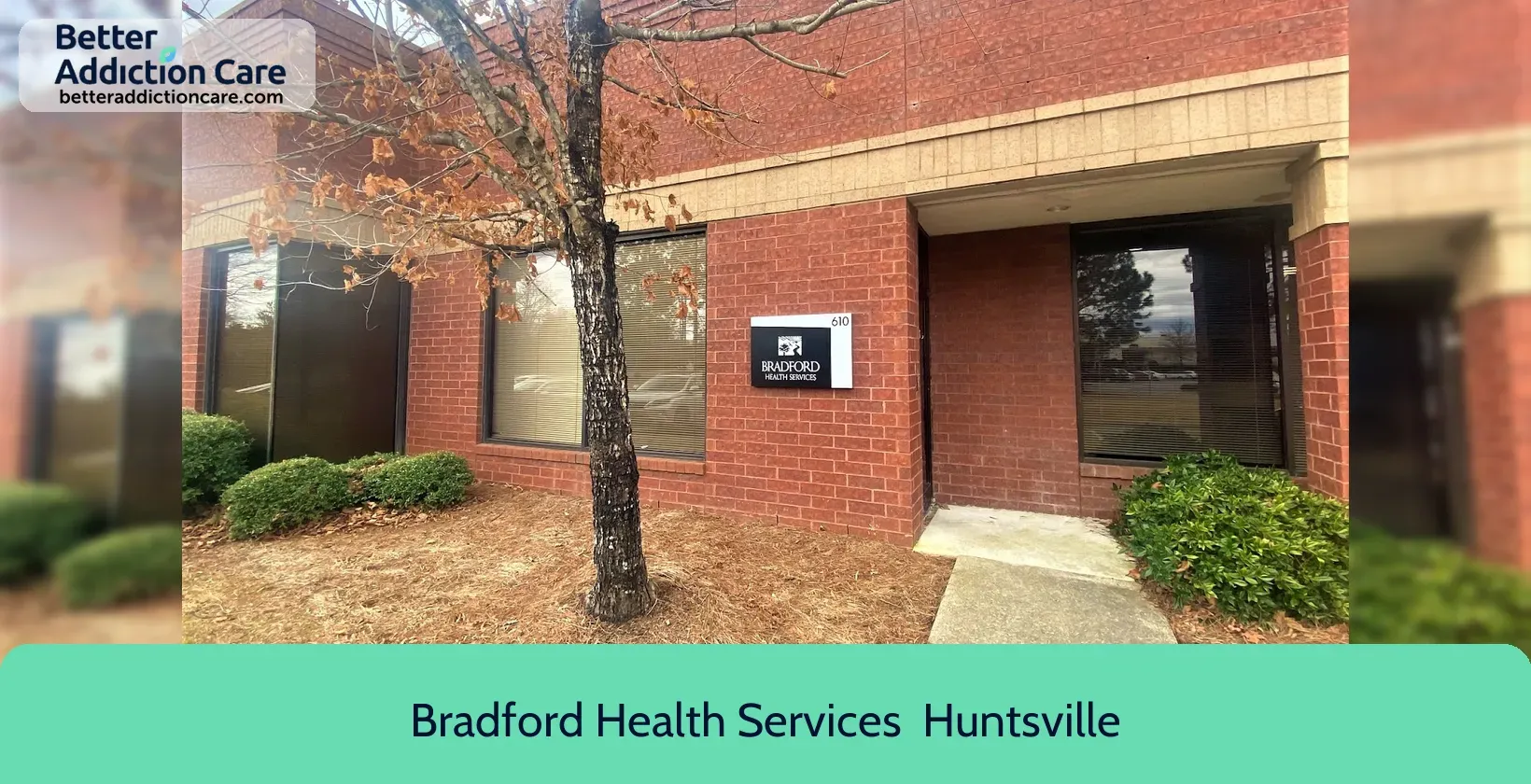
7.45
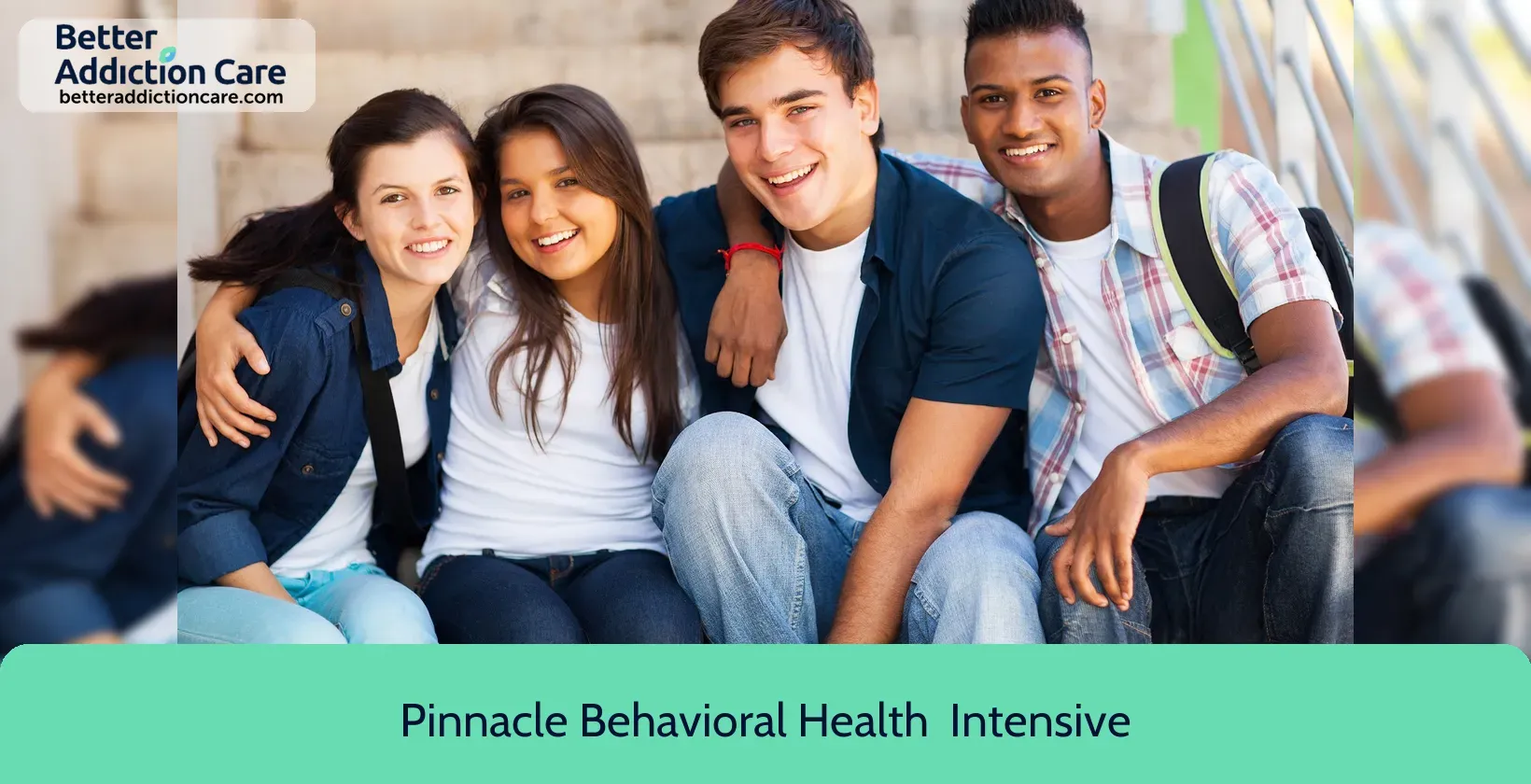
6.65
Browse rehab centers near Huntsville and in other cities across Alabama
DISCLAIMER: The facility name, logo and brand are the property and registered trademarks of Pinnacle Behavioral Health - Intensive Outpatient Program, and are being used for identification and informational purposes only. Use of these names, logos and brands shall not imply endorsement. BetterAddictionCare.com is not affiliated with or sponsored by Pinnacle Behavioral Health - Intensive Outpatient Program.
